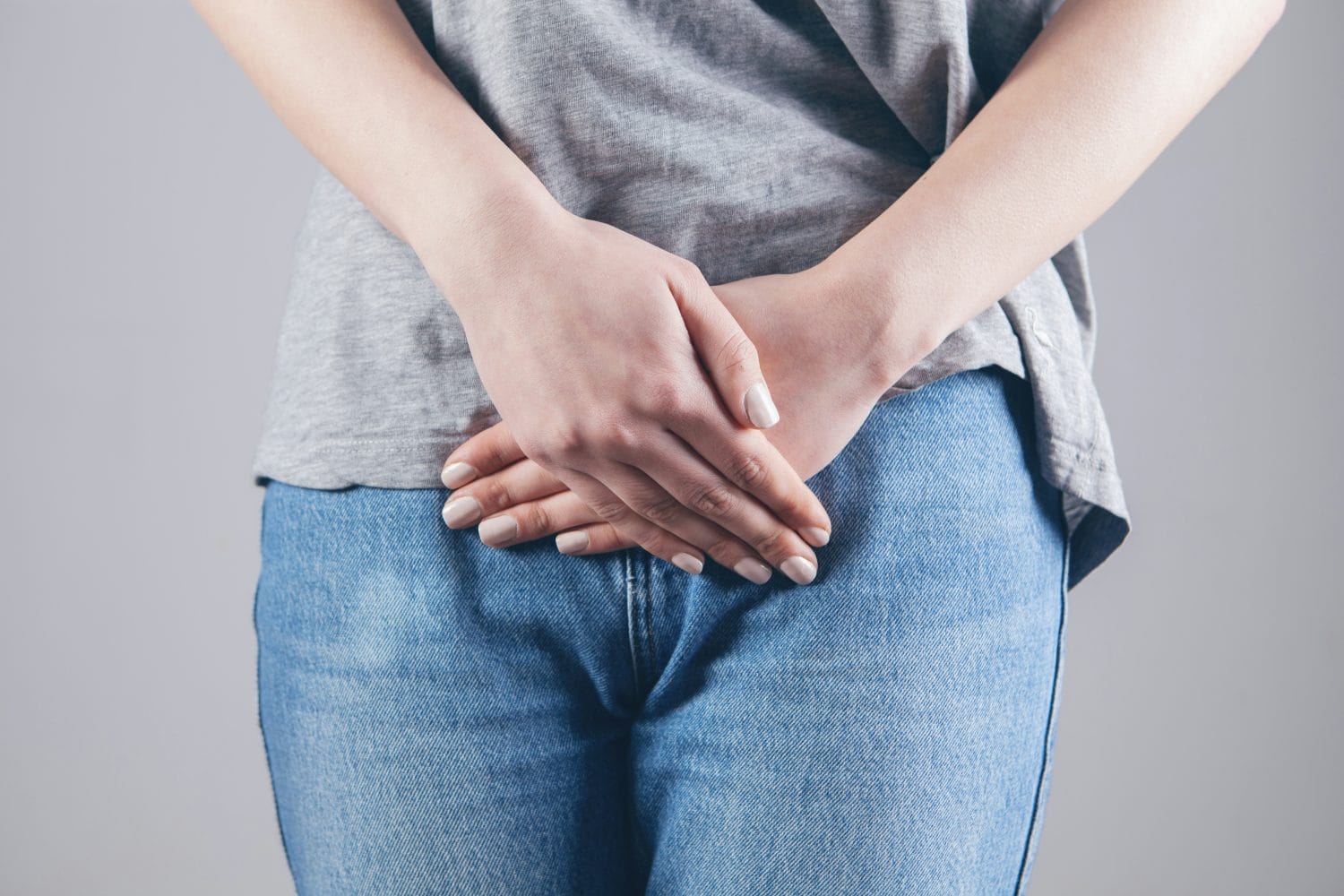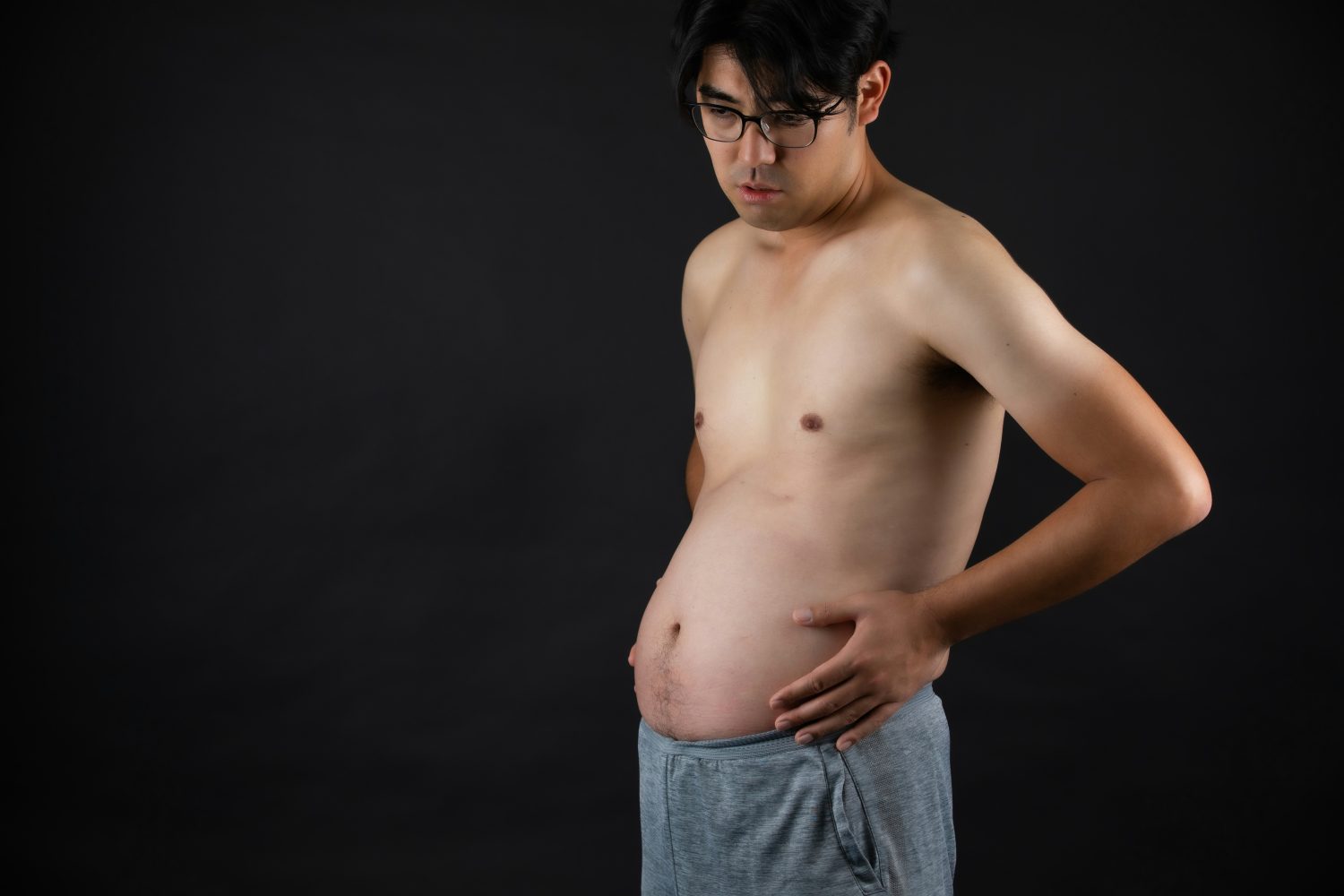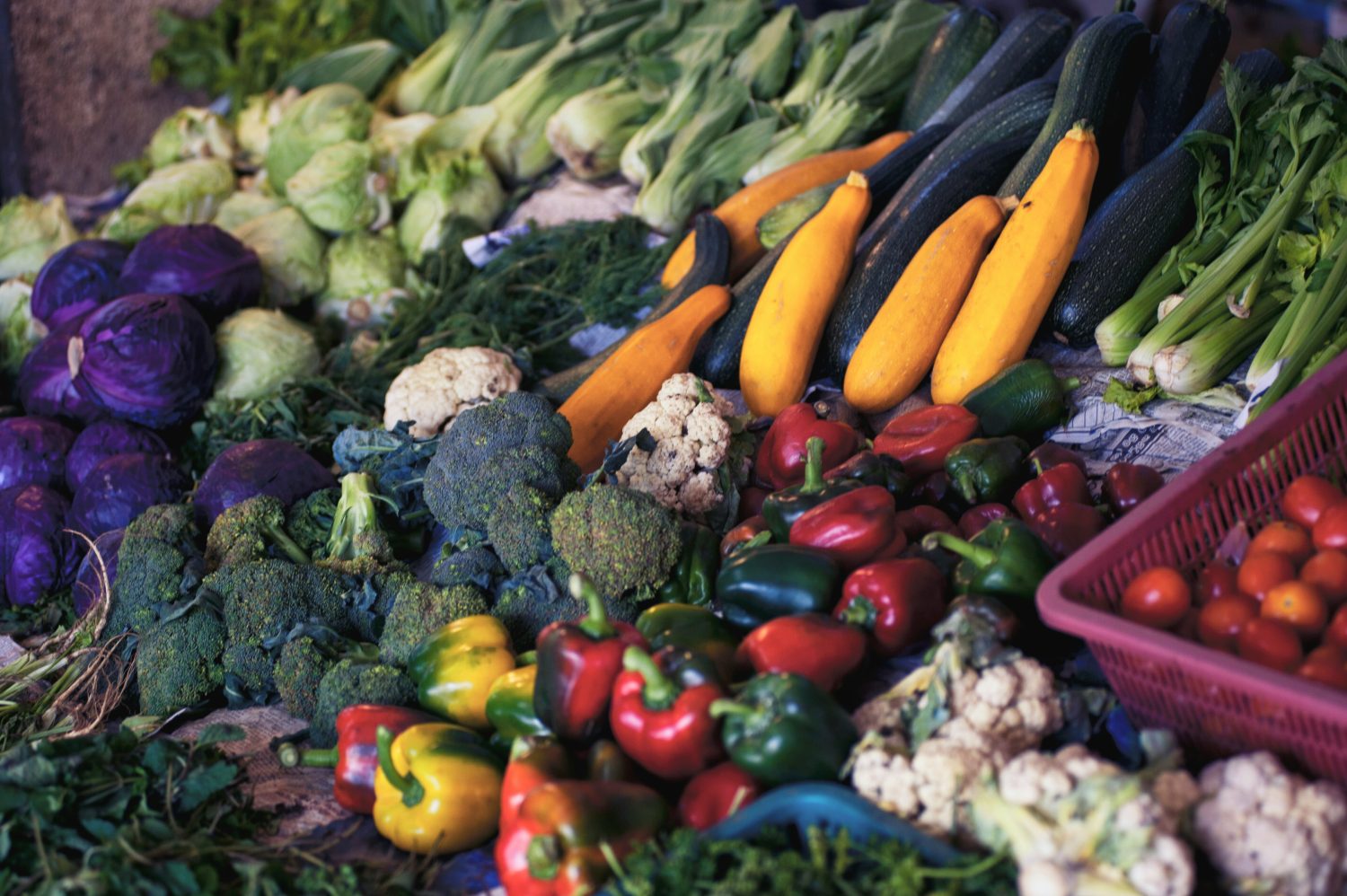Diverticulitis: causes, symptoms and treatment options
Diverticulitis is an inflammatory disease of the intestine caused by the inflammation of diverticula, small protrusions of the intestinal wall. This condition can cause significant health problems, especially if left untreated. Diverticulitis is a common cause of abdominal pain and in severe cases can lead to complications such as abscesses or intestinal perforations. Early diagnosis and treatment are crucial to avoid serious consequences and improve the quality of life of those affected.
What is diverticulitis?
Definition and explanation of the disease: Diverticulitis is an inflammation or infection of diverticula, small protrusions in the intestinal wall. These diverticula develop due to increased pressure in the intestine, often caused by a low-fibre diet or constipation. Normally, diverticula are harmless (diverticulosis), but if they become inflamed, this is known as diverticulitis.
Differences to diverticulosis: Diverticulosis refers to the presence of diverticula, which is usually asymptomatic. Diverticulitis, on the other hand, is characterised by inflammation-related symptoms such as abdominal pain, fever and digestive problems. This requires medical treatment to avoid complications such as abscesses or perforations of the intestine.

Causes of diverticulitis
Anatomical and genetic factors: Diverticula are small, balloon-like protrusions in the intestinal wall that often form in the colon. Genetic predispositions can increase the tendency to diverticulum formation, as structural weaknesses in the intestinal wall can be hereditary.
Dietary habits and lifestyle: A low-fibre diet can lead to hard stools and increased pressure in the bowel, which promotes the formation of diverticula. An inadequate intake of fibre makes the stool harder to pass, leading to increased straining during bowel movements. This can increase the pressure in the bowel and favour the formation of diverticula.
Other risk factors: Age is a significant risk factor, as the incidence of diverticulitis increases with age. Certain lifestyle habits, such as a high consumption of red meat and little exercise, also increase the risk. Certain medications, such as non-steroidal anti-inflammatory drugs (NSAIDs), can also increase the risk by irritating the intestinal wall and promoting inflammation. Smoking and excessive alcohol consumption are other factors that increase the risk.
Symptoms of diverticulitis
Diverticulitis manifests itself through a range of symptoms that can vary from mild to severe. The most common include:
- Abdominal pain: most often this pain occurs in the lower left abdomen and can start suddenly or gradually. The intensity of the pain varies and can be aggravated by movement.
- Fever: A rise in body temperature is a common sign of inflammation in the body, including diverticulitis. The fever may be mildly to moderately elevated and often accompanies other symptoms.
- Indigestion: Patients may suffer from diarrhoea or constipation. These changes in bowel movements result from the intestine’s reaction to the inflammation and altered intestinal motility.
- Flatulence and bloating: Those affected often complain of a feeling of fullness and flatulence, which can be attributed to the disturbed digestion.
- Nausea and vomiting: These symptoms occur in more severe cases and are an indication of a possible intestinal stricture or blockage.
- Blood in the stool: In rare cases, diverticulitis can lead to bleeding, which manifests itself as bloody or dark-coloured stools. This symptom requires immediate medical clarification.
- Leukocytosis: An elevated white blood cell count (leukocytes) in the blood count is often an indication of inflammation and is frequently detected in blood tests.
- Loss of appetite: The pain and discomfort can lead to a loss of appetite, which can result in weight loss and weakness.
It is important to recognise these symptoms early, as untreated diverticulitis can lead to serious complications such as abscesses, perforations or sepsis. A timely visit to the doctor is crucial in order to make the correct diagnosis and initiate appropriate treatment.

Diagnosis of diverticulitis
Important diagnostic procedures: Diagnosis usually begins with a thorough medical history and physical examination. A CT scan (computed tomography) is the preferred diagnostic procedure as it provides detailed images of the bowel and can detect inflammation, abscesses or perforations. This procedure is particularly helpful in determining the severity of the inflammation and possible complications.
Blood tests can indicate an increased white blood cell count, which indicates inflammation. Colonoscopy is often avoided if acute diverticulitis is suspected due to the risk of perforation. However, it can be performed after the acute phase to rule out other bowel diseases and assess the condition of the bowel wall.
Differentiation from other diseases: The symptoms of diverticulitis may resemble those of other gastrointestinal diseases such as irritable bowel syndrome, Crohn’s disease, or bowel cancer. Gynaecological problems can also cause similar symptoms. It is therefore important to make an accurate diagnosis and rule out other possible causes through a combination of medical history, physical examination and the diagnostic procedures mentioned above.
Treatment options for diverticulitis
Conservative therapy
- Diet: In the acute phase, a low-fibre diet is often recommended to relieve the bowel. Once the symptoms have subsided, a high-fibre diet is gradually introduced to promote intestinal health.
- Antibiotics: Are used to treat infections in mild to moderate diverticulitis.
Surgical interventions
- Indications: Necessary for complications such as abscesses, perforations or recurrent episodes.
- Procedure: Resection of affected bowel sections or drainage of abscesses.
Aftercare and prevention
- Long-term diet: High-fibre diet for prevention.
- Regular medical monitoring: Especially for patients at risk.
Diverticulitis requires comprehensive treatment tailored to the individual patient’s condition.

Diet and lifestyle changes
Dietary recommendations for diverticulitis
- High-fibre diet: Promotes intestinal health and prevents constipation. Wholemeal products, vegetables and fruit are recommended.
- Fluid intake: Sufficient drinking supports digestion and prevents constipation.
- Avoiding certain foods: High-fat and highly processed foods should be avoided, as well as nuts, seeds and popcorn if they trigger symptoms.
For diverticulitis, certain supplements can help relieve symptoms and support bowel health. These include:
- Probiotics: Support healthy gut flora and can reduce inflammation.
- Omega-3 fatty acids: Have anti-inflammatory properties that can be helpful in the treatment of diverticulitis.
- Vitamin D: Strengthens the immune system and can reduce inflammatory processes in the gut.
You should always consult a doctor before taking supplements to ensure that they are suitable for your specific health situation.
Long-term lifestyle changes for prevention
- Regular physical activity: Supports bowel function and promotes overall health.
- Weight management: A healthy body weight reduces the risk of diverticulitis.
- Stress reduction: Techniques such as yoga or meditation can help reduce stress, which can affect bowel health.
These measures help to minimise the risk of diverticulitis and its complications.
Tips for sufferers of diverticulitis
- High fibre diet: Incorporate more fruit, vegetables and whole grains to improve bowel function.
- Avoid processed foods: Reduce the consumption of red meat, fried foods and refined sugar.
- Drink enough water: Keep your body hydrated to aid digestion.
- Exercise regularly: Promote gut health through daily physical activity.
- Supplements: Probiotics, omega-3 fatty acids and fibre supplements can be beneficial.
- Stress management: Use techniques such as meditation or yoga to reduce stress, which can exacerbate symptoms.
- Quit smoking: Reduce the risk of complications by quitting smoking.
These tips can help reduce symptoms and prevent further flare-ups. However, it is important that those affected discuss their individual measures with a doctor.
Conclusion
Diverticulitis is a serious condition caused by inflammation in the diverticula of the bowel. Early detection and treatment are crucial in order to avoid complications. In addition to medical and surgical treatment, diet and lifestyle changes also play an important role in prevention and aftercare. Regular medical check-ups and a healthy lifestyle can help to reduce the risk of diverticulitis and promote well-being.